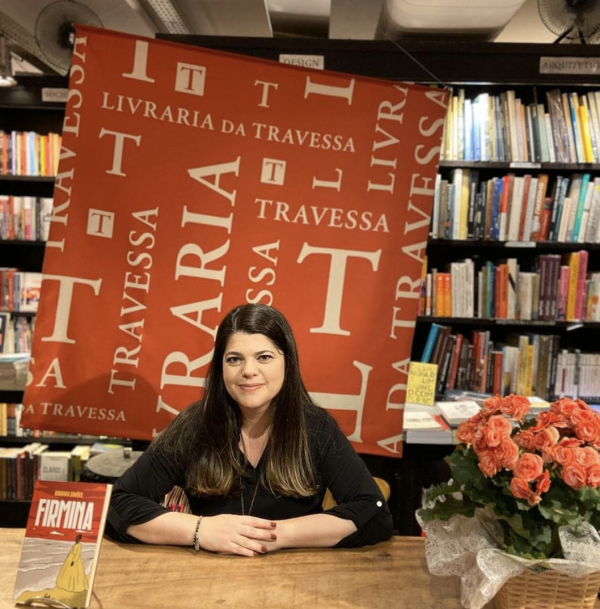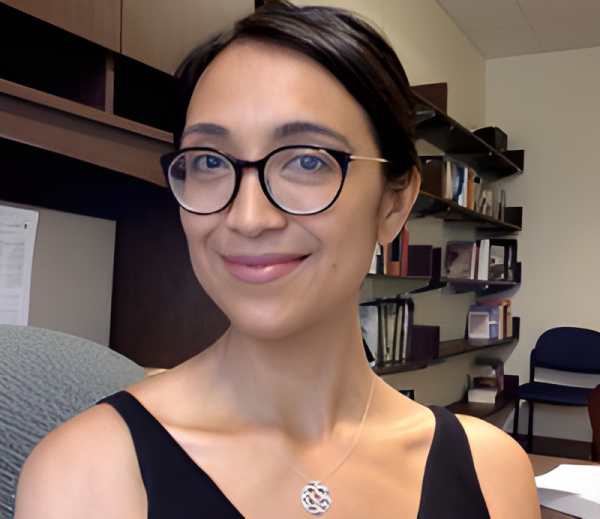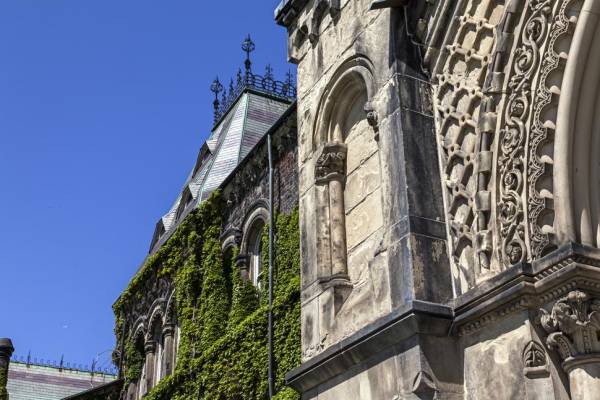Nosotros in Canada: Situating LatinX /a /o Writing in Canada with Dr. Bárbara Simoes and Dr. Tania Aguila-Way



Mark your calender!
Dr. Bárbara Simões and Dr. Tania Aguila-Way will be delivering a lecture on LatinX-Canadian literature on Thursday, March 27, 2025. This event is free and open to the public, so please feel free to invite your friends, family, and colleagues. Registration is not required.
Abstracts:
“Exile and Memory in Latino-Canadian Writing”
Dr. Bárbara Inês Ribeiro Simões Daibert (Bárbara Simões Daibert), PhD
This paper investigates Latino/a/x literary voices drawn from Latin American migrations to Canada, reflecting on the different waves of migration, the lack of representation of the field within Canadian Studies, and the dilemma between literary and cultural representation, exile, resistance and assimilation; and political presence and identity formation in Latino/a/x Canadian Writing. Considering the unique challenges faced by Latinx communities in Canada, this paper explores how some key contemporary authors negotiate resistance, empowerment, and ethnicity by finding a new voice in Canada. More specifically, it investigates how cultural identity, migration, transculturation, and memory are articulated through the works of Alejandro Saravia. Like many Latino writers in Canada, Saravia, in Red, Yellow, Green is confronted with his own trauma and displacement in this new “home” and recreates his country while trying to negotiate his subjectivity in this new homeland. This paper focuses on the traumatic experiences of exile found in Saravia’s work, reflecting how Latino-Canadian authors express themselves in their texts, renegotiating the official Anglophone-Canadian narratives of freedom and progress, and bringing uncomfortable and uncanny feelings to a new homeland.
“The uncleanness of my dark skin”: Toxic Burdens, Brown Embodiment, and Latinx-Indigenous Relationality in Rebecca Salazar’s sulphurtongue
Dr. Tania Aguila-Way, PhD
This paper examines the representation of brown Latinx emplacement in Rebecca Salazar’s poetry collection sulphurtongue, which is written from the point of view of a second generation, brown Latinx speaker who grew up amidst the “smoke-stacked” landscapes of Sudbury, Ontario. Thinking through the text’s construction of brown Latinx embodiment as a site of environmental, historical, and geographical “transcorporeality” (Alaimo), I argue that sulphurtongue situates itself within, but also disidentifies with (José Esteban Muñoz), the biopolitics of mestizaje that shapes dominant constructions of Latinidad and which assumes an unencumbered proximity between diasporic Latinx and Indigenous subjects. I contend that, through this work of disidentification, sulphurtongue creates a space for rethinking Latinx and Indigenous relationalities in settler-colonial Canada, gesturing towards an ethics of “co-resistance” (Leanne Betasamosake Simpson) in which Latinx and Indigenous subjects might work in a mutually responsive way to challenge settler colonial extractivism.
Date: Thursday, March 27, 2025
Time: 4 - 6 PM (EST)
Address: 93 Charles Street West, 3rd floor, room 319.
Department: Centre for Comparative Literature